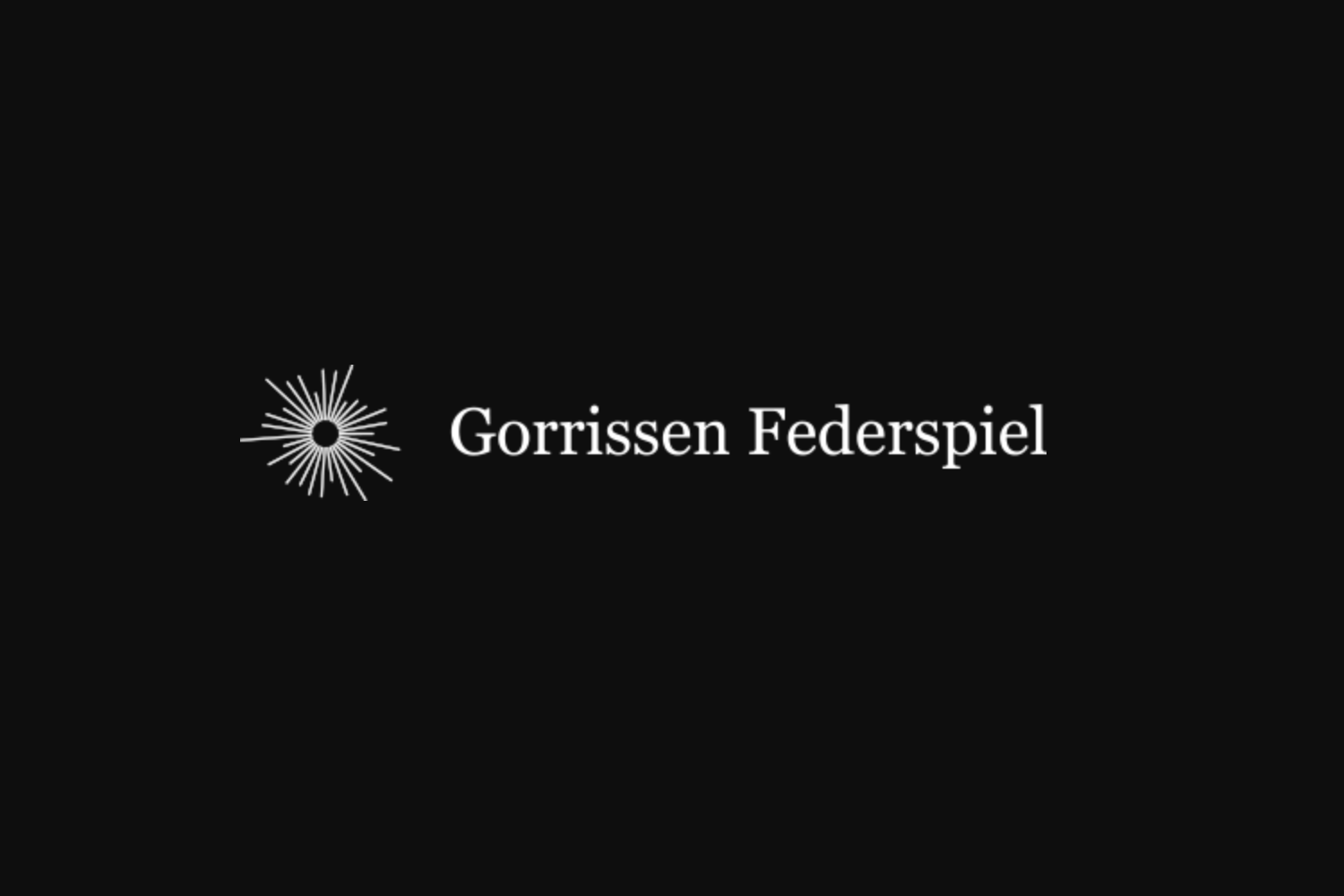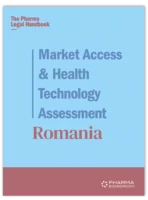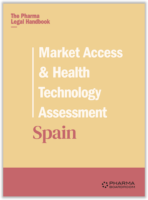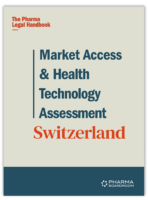Orphan Drugs
Gorrissen Federspiel / Denmark
Join industry executives in staying informed on the market access and HTA process in Denmark.
1. What is the definition of an orphan drug in your country?
The term “orphan drug” usually refers to medicins used for rare diseases – i.e. diseases where the prevalence of the condition in the EU is not more than 5 in 10,000.
Applications for orphan designation are examined by the European Medicines Agency’s Committee for Orphan Medicinal Products.
According to the Regulation (EC) no. 141/2000 on orphan medicinal products, a medicine must meet the following criteria in order to qualify for an orphan designation:
i) the drug must be intended for the treatment, prevention or diagnosis of a disease that is life-threatening or chronically debilitating;
ii) the prevalence of the condition in the EU must not be more than 5 in 10,000 or it must be unlikely that marketing of the drug will generate sufficient returns to justidy the investment needed for its development; and
iii) no satisfactory method of diagnossis, prevention or treatment of the condition can be authorised.
2. Describe the pricing process of orphan drugs in your country.
In principle, the pricing process is no different from other medicines, however, in practice, pricing often reflects that the medicines have a limited business potential.
3. Describe the reimbursement process of orphan drugs in your country.
Denmark does not have special reimbursement or recommendation criteria for orphan drugs.
4. Other than the clinical studies required, do the data and studies required for the pricing and reimbursement of orphan drugs differ from that of other drugs?
No


































































